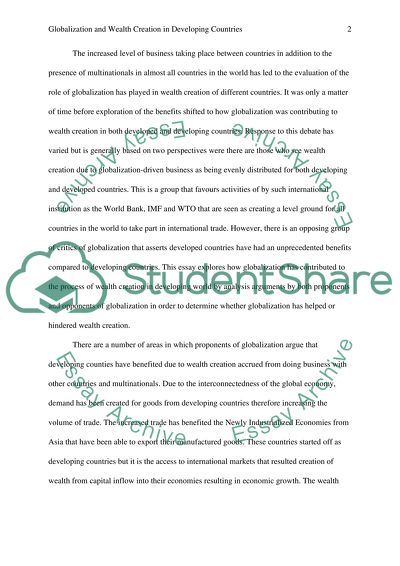Cite this document
(“Does the process of Globalization help or hinder wealth creation in Essay”, n.d.)
Does the process of Globalization help or hinder wealth creation in Essay. Retrieved from https://studentshare.org/history/1633367-does-the-process-of-globalization-help-or-hinder-wealth-creation-in-developing-countries
Does the process of Globalization help or hinder wealth creation in Essay. Retrieved from https://studentshare.org/history/1633367-does-the-process-of-globalization-help-or-hinder-wealth-creation-in-developing-countries
(Does the Process of Globalization Help or Hinder Wealth Creation in Essay)
Does the Process of Globalization Help or Hinder Wealth Creation in Essay. https://studentshare.org/history/1633367-does-the-process-of-globalization-help-or-hinder-wealth-creation-in-developing-countries.
Does the Process of Globalization Help or Hinder Wealth Creation in Essay. https://studentshare.org/history/1633367-does-the-process-of-globalization-help-or-hinder-wealth-creation-in-developing-countries.
“Does the Process of Globalization Help or Hinder Wealth Creation in Essay”, n.d. https://studentshare.org/history/1633367-does-the-process-of-globalization-help-or-hinder-wealth-creation-in-developing-countries.


